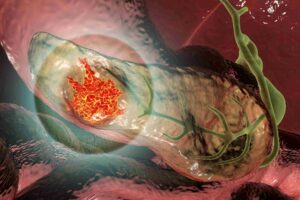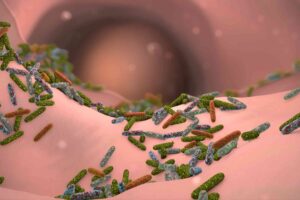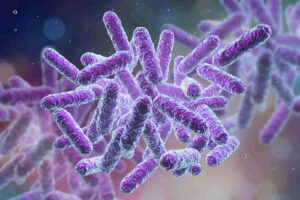Giorgia Guglielmi
Gynecology, Infectiology
New research indicates that recurrent urinary tract infections and estrogen can shape the urogenital microbiota in ways that may protect against recurrent infections.
Gastroenterology, Neuroscience
The findings of a new research shed light on the mechanisms by which gut bacteria influence the development and progression of multiple sclerosis.
Gastroenterology, Neuroscience
The findings of a new research suggest that combining Lachnospiraceae antibody screening with blood tests could improve the diagnosis of ME/CFS.
Gastroenterology, Nutrition
The findings of a new study suggest that the interplay between diet, microbiota and intestinal immunity regulates obesity, diabetes and other metabolic conditions.
Gastroenterology, Oncology
A gut microbial metabolite called trimethylamine N-oxide, or TMAO, could improve immunotherapy success in pancreatic cancer.
Gastroenterology
The findings of a new research suggest that microbiota-based therapies can help improve clinical outcomes after organ transplants.
Gastroenterology
Researchers have developed a new technique that can identify which gut microbes have migrated from the gut to the blood.
Scientific research
A recent study shows that some bacterial strains are similar to the human host phylogeny, suggesting that they evolved alongside humans.
Cardiology, Endocrinology
The findings of a new study suggest that Bacteroides can metabolize cholesterol, thus helping to regulate its levels in the blood.
Pneumology
COVID-19 alters the local immunity of the lung in ways that weaken the body’s antimicrobial defense and facilitate the development of secondary infections.











